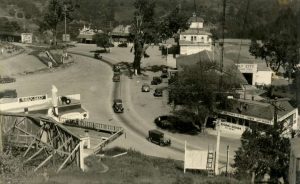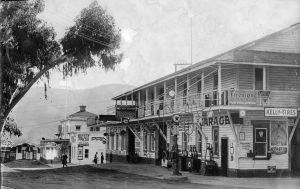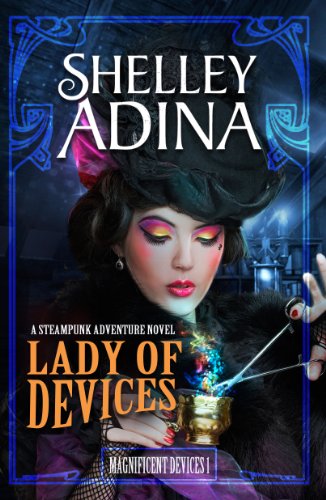Surviving the confirmation panel
I passed! Let’s put that right up front, to the sound of fireworks and the clinking of glasses! 🙂
My confirmation panel, aka upgrade panel, was held this morning over Skype, consisting of two professors who hadn’t seen my work before this, plus my supervisor, who was there to take notes so that I wasn’t distracted trying to write things down while the panelists were talking with me. The first thing they told me was that at the end of the hour, they would let me know whether my work had sufficient merit for me to be upgraded from an MPhil to a full-fledged PhD student. I had been afraid I would have to wait some unspecified number of days for a decision to come down, but the Creative Writing program at Lancaster doesn’t work that way. Thank goodness.
Both panelists liked the novel and wanted to know what happened next—which is good news to any writer. My experience showed, they said, and they pointed out that as Adina Senft, I already have my own canon, and The Comforter: A novel of Holy City will fit into it and maybe even expand its horizons a little. Which was my intent, so I’m glad!
The nonfiction piece had only 5,000 words compared to the novel’s 23,000, so the panelists had a lot to say about it, understandably. It was a pretty eye-opening session, giving me several paths of inquiry to ramble down, and lots of suggestions for books that will put my own in context from standpoints of both history and religion. But their most in-depth suggestions had to do with my own writing process and the choices I have made—and discarded.
After the discovery of the hundreds of original source documents on which this dissertation is based, I knew I would write a historical women’s fiction novel. I didn’t think too much about it–it would fit into my established body of work, and the women’s fiction part, at least, was familiar to me. I knew what I was doing there. The history part? Well, little did I know about the 90-degree learning curve that was waiting for me!
But the panelists pointed out that I did have choices, and these should be dealt with in the nonfiction piece. Why didn’t I choose to write a graphic novel like Maus, or a stage play? What is the difference between a citational novel and historical fiction? What are the ethics of putting words in historical figures’ mouths they may not have said? If the prophet’s wife, Lucille Riker, is a main character, why don’t I plan to publish her body of work, but am choosing instead to thread her poems through the novel as part of her interior monologue?
Answering questions like these is what constitutes my contribution to knowledge, not just the citational scaffolding that underpins the novel. So I have my work cut out for me (cut out for me again, I mean—I’m still working on the suggestions from my first-year review in September).
Just for fun, here’s a picture of Holy City, California, in the 1920s. This is where my novel is set. It’s a flat spot on either side of the road now, but back then there was enough wild scandal and goings-on to fuel a trilogy of books. Hmmm…
 |
 |
Source: History Los Gatos, Los Gatos Library.





Well done Shelley. No matter how much you know, there’s always a new trick, slant, device or path that you can learn. Though I think you pitch your writing just right, I hope you enjoy exploring the new avenues that your review board has suggested. Perhaps you will have to create yet another pen name to try those avenues out? 🙂
Best regards
Clive